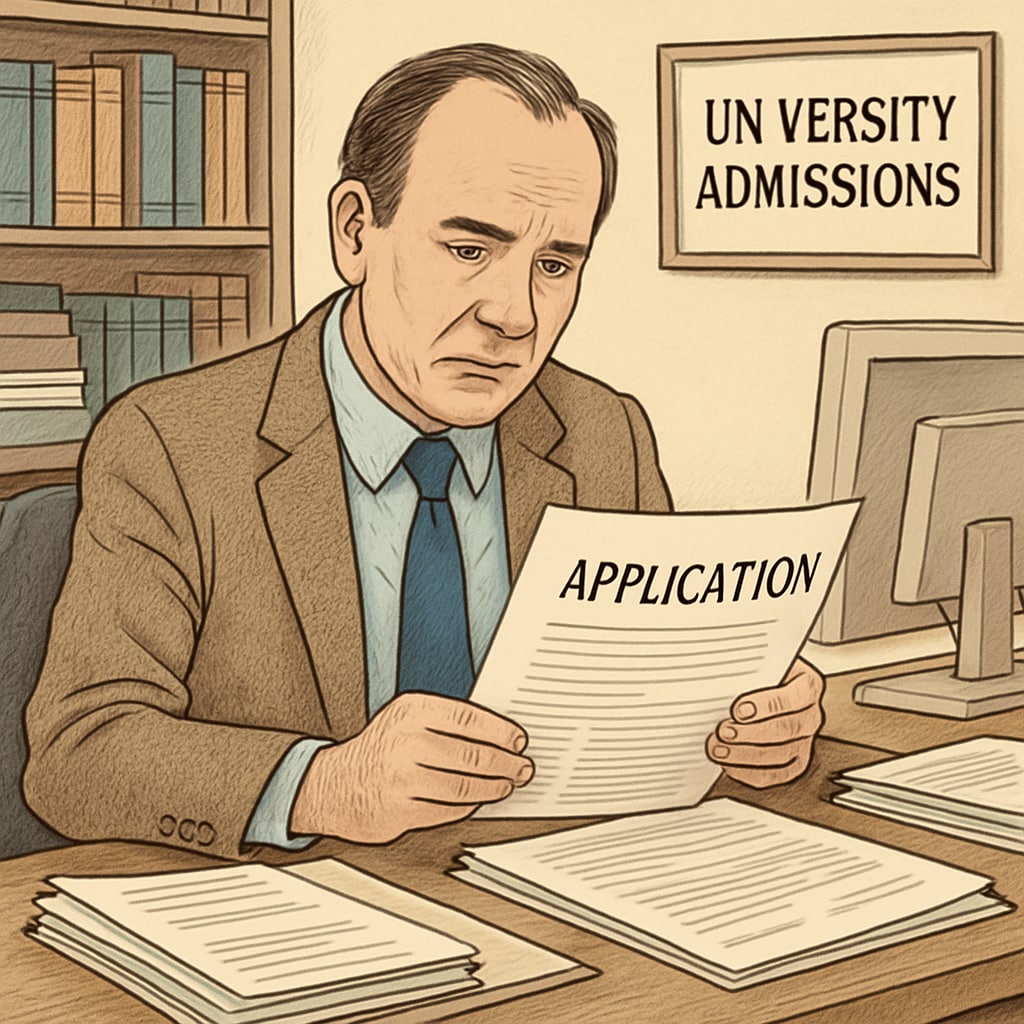College applications, deception, and their consequences form a critical triad that every prospective student must understand. In today’s competitive admissions landscape, some applicants consider falsifying achievements or credentials. However, such actions carry severe repercussions that can derail academic and professional futures. According to a National Association for College Admission Counseling report, approximately 30% of admissions officers encounter misrepresentation annually.
Academic Integrity Violations and Institutional Sanctions
Universities maintain strict honor codes that treat application fraud as serious misconduct. Common forms of misrepresentation include:
- Fabricating extracurricular activities
- Plagiarizing application essays
- Altering academic transcripts
- Forging recommendation letters
Harvard University rescinded admissions offers to at least 10 students in 2017 for sharing offensive messages in a private Facebook group. This demonstrates how integrity violations can surface even after acceptance.

Legal Ramifications of Application Fraud
Beyond academic penalties, falsifying application materials may constitute legal offenses. The U.S. Department of Education recognizes several punishable violations:
- Financial aid fraud (misrepresenting family income)
- Document forgery (fake transcripts or test scores)
- Identity concealment (hiding previous disciplinary records)
A 2019 Department of Justice case saw parents and coaches prosecuted in the Varsity Blues scandal, proving that application fraud carries criminal liability.
Career Consequences of Admission Deception
The ripple effects of application dishonesty extend far beyond college:
- Degree revocation if fraud is discovered post-graduation
- Professional license denial in fields like law and medicine
- Reputation damage that hinders employment opportunities
For example, former MIT professor Marilee Jones resigned after revelations about fabricated academic credentials surfaced decades after her hiring.

Transitioning with integrity: Students should remember that authentic achievements, however modest, carry more value than fabricated excellence. Admissions committees increasingly use verification services and cross-checking methods to detect discrepancies. As competition intensifies, maintaining honesty becomes not just ethical but strategically vital for long-term success.


